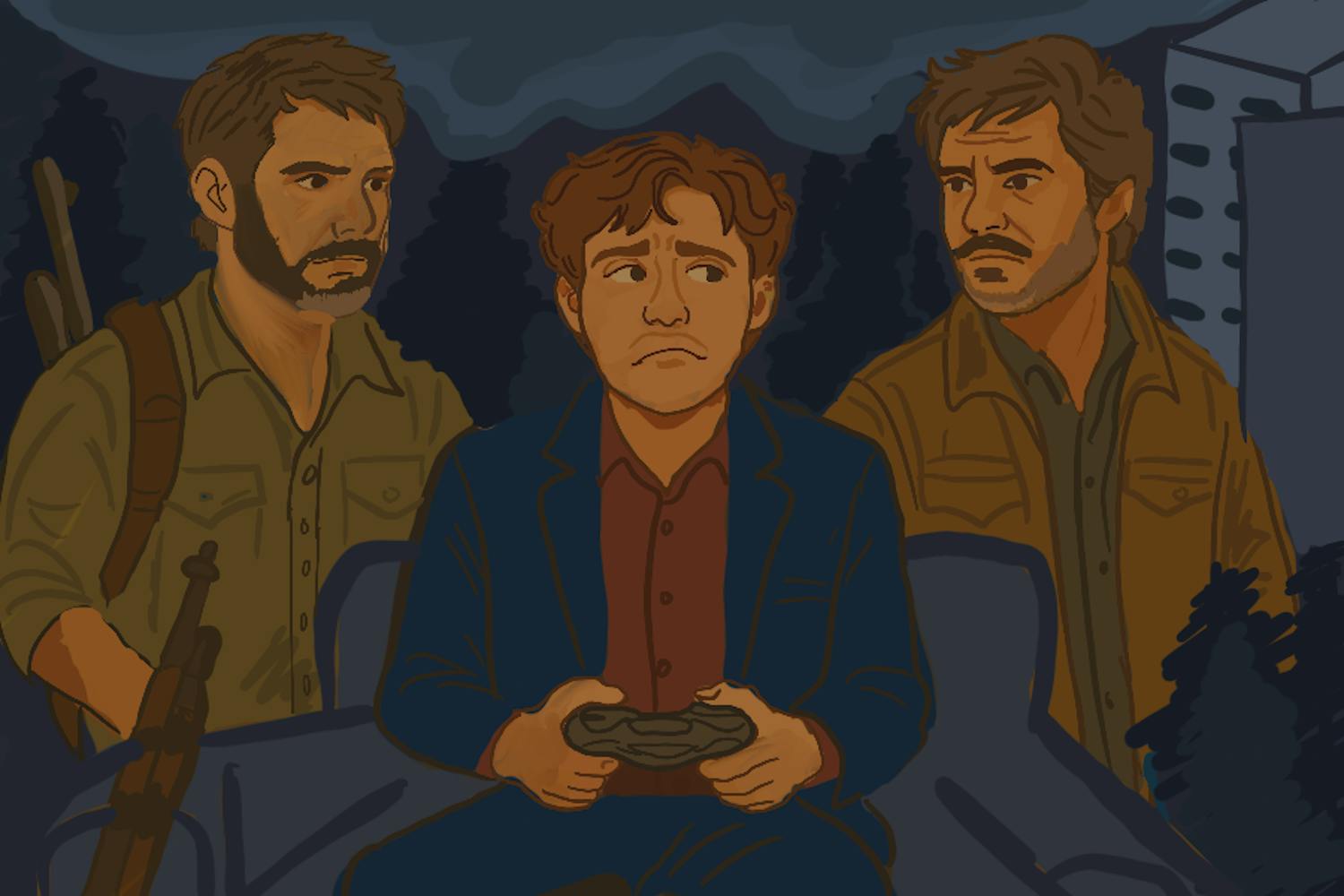Benshi, traditional narrative storytellers who accompany silent films, provide verbal components for audiences to further understand emotion in early movies. This Friday at 2 p.m. on the Tempe campus in Neeb Hall 105, Kataoka Ichiro, a Benshi, will perform to the Japanese silent film directed by Yasujiro Ozu, "I Was Born, But..."
The event is sponsored by both the “Japan-In-Global-Context” project and the Japan Foundation. Accountancy graduate student, Joseph Deal, is the international coordinator for “Japan-In-Global-Context,” a project sponsored by the Japan Foundation and led by associate history professor Sybil Thornton. According to Deal, the “Japan-In-Global-Context” project is meant build awareness for Japanese-related events, activities and businesses in Arizona.
“Benshi would provide the dialogue and match the scenes with emotion and performance acting as the middle man between the screen and the audience,” Deal wrote in an email.
With the sugary gore scenes in "Django: Unchained" and with "The Hobbit's" crisp computer effects, contemporary movies visually outshine the black-and-white ghosts of cinema past.
Despite this disparate gap between time and tradition, early silent films can be relatable and intriguing — Japanese silent films in particular. Films by Ozu involve scenes of everyday life, such as routine encounters with loneliness and social acceptance, arousing empathy over adrenaline.
Yet there is another aspect to Japanese silent films that makes this particular art a personal experience: Japanese silent films were never actually silent. A person (or a group of people) would provide verbal narrations during viewings of silent films. These narrators came to be known as Benshi. Over time, Benshi were able to add another artistic dimension to silent films that makes the viewing experience arguably more intriguing, more inspiring and more personal.
The film "I Was Born, But..." follows several brothers involved in a neighborhood gang who must learn to accept their father for what he is despite his unseemly attitude toward his boss. Peter Renoir Nakai writes on IMDb.com that this film is “a social satire that draws from the antics of childhood as well as the tragedy of maturity.”
The film will have subtitles in English, but the Benshi performance by Kataoka will do more to capture the emotion in the story.
"Through Mr. Kataoka's narrating of "I Was Born, But...” this (underlying theme of acceptance) can be expressed in a way that subtitles — void of emotion — could never express,” Deal said.
Reach the reporter at jconigli@asu.edu.



